Cash is to a business what oxygen is to a human…necessary for survival. Finding the needed cash for your business can be challenging, but with the growth of alternative lenders, there are more options available now for established companies. Startups on the other hand, may find it more difficult to gain access to cash without having an established earnings history.
Entrepreneurs looking to start a business will most likely have to rely on their personal credit history to get a loan and having a strong credit score (700 or better) will increase your chances. It is important to check your credit reports and dispute any errors with all three agencies. Maintaining a low balance on credit cards and making payments on time is crucial to maintaining a high credit score.
There are a wide variety of funding options and some business owners may use a combination of these to get the cash needed. Investment from personal savings and contributions from family and friends is usually the first source of funding. After all, if you truly believe in your idea, then you should have some “skin in the game.” It is difficult to ask outside sources to provide funding if you’re not willing to fund part of the project yourself.
Traditional options include a commercial or an SBA loan from a bank which typically requires cash down, a solid credit score and collateral. If you are lacking in one of these areas, traditional funding may not be an option. In this case, a microloan might be a good fit. Instead of a bank, you would need a micro lender, which is a non-profit organization that works differently than banks. Micro lenders are typically less stringent on their underwriting requirements and require less documentation for small business loans, but be aware, their interest rates are slightly higher than a bank.
Private equity investors, known as “angel” investors, will typically charge a higher rate of interest and may want ownership of the business. Some tips to attract angel investors include adding experience to your team. Investors have more confidence in your business if you have an advisor on your board who has been in the industry and can share their knowledge and experience. If you secure an angel investor, be sure to give them regular updates on new developments in the business.
Credit cards can be a funding source but a very risky one. Credit cards usually have high interest rates, and if you only make the minimum payment, it will be difficult to ever pay off the loan. If used with discipline, credit cards can get you out of a tight situation and bridge the cash flow gap.
Mature entrepreneurs looking to start their second career may be able to utilize funds from their retirement account for startup. This funding option, known as Rollovers as Business Startups (ROBS), is complex and not for everyone. This option has high fees attached and the biggest risk associated with this type of funding is you could lose your nest egg.
Preparation is key to success. Be sure you have developed a thorough business plan and solid cash flow projections that lay out the payoff for potential investors or lenders. A great resource to help you in your search for funding is the UGA SBDC. With 17 offices around the state, the SBDC provides no-cost consulting with knowledgeable experts that can assist you with developing effective financing proposals. We can help you determine how much money is needed to meet your goals and the best options-loans, equity or a combination.
We have a solid connection with the lending community and know what information the loan officers need to make a decision.
(Source: Lynn Bennett, Area Director, UGA SBDC at Valdosta State University)


